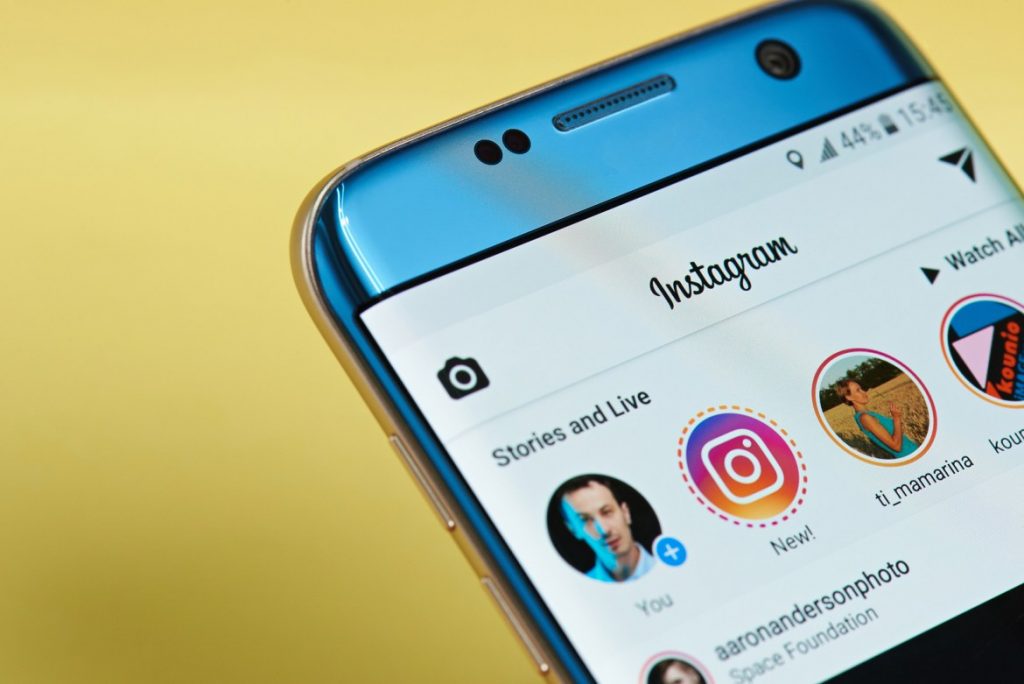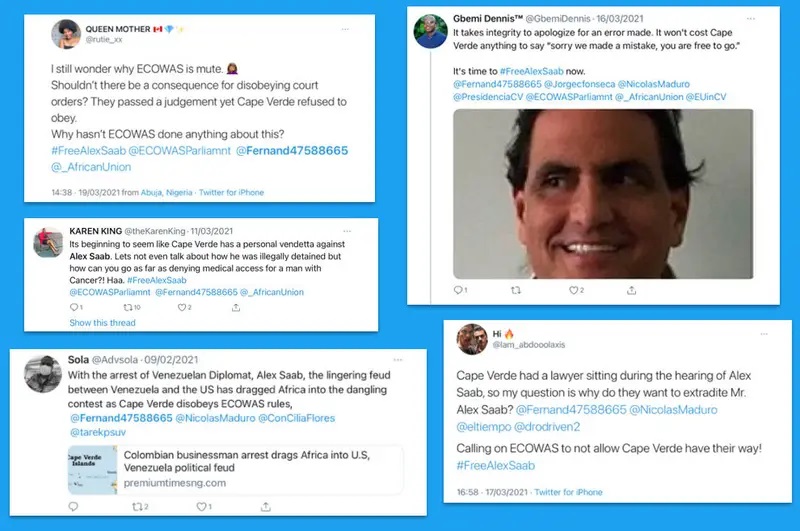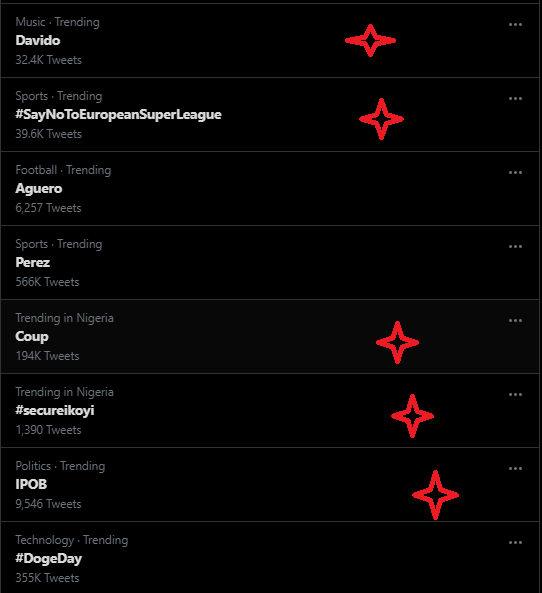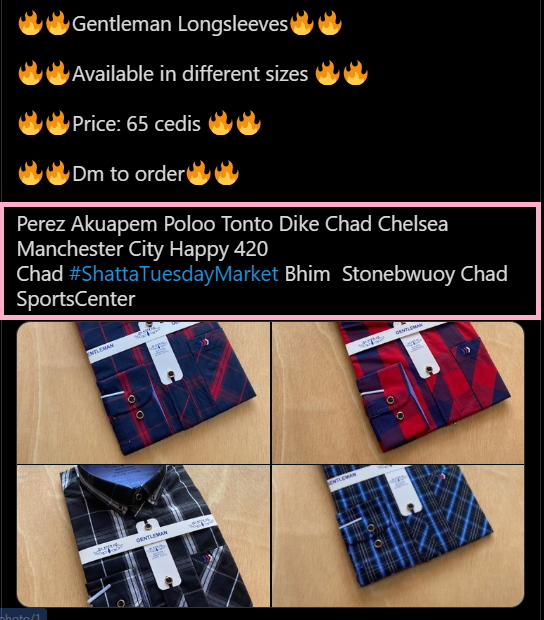Social media contains millions of floating content and thousands more are posted every minute. Without social media (SM) algorithms, sifting through all of this content would be impossible.
The algorithm does the legwork of searching and delivering the content that you want.
Social media algorithm helps social networks prioritize which content a user sees in their feed first by the likelihood that they’ll actually want to see it.


Origin of social media algorithm
Before the rise of algorithms, most social media feeds displayed posts using reverse chronological order. This means that the newest posts from accounts a user followed showed up first.
However, for users, especially those with millions of followers, it was easy to miss important content. SM algorithm solves this by determining which content you see based on your behaviour.
For example, Instagram or Twitter might put posts from your closest friends at the top of your feed because you interact with them often and rank those you barely talk to lower.
While using an algorithm may be effective, it involves machine learning and data science that can be used to intentionally design for profit among other fears as displayed in Netflix Social Dilemma Documentary
You may think of any of this doesn’t affect you since it’s just suggestions which you are free to ignore. However, you will find out that the algorithms are used to influence and incite user engagement and auction advertisement space.
Social Media Algorithm in Africa
Like the rest of the world, algorithms in Africa’s social media space can be taken advantage of. This includes particular and unique characteristics that make it different from other regions.
- Failure to Label Paid post by Influencers
A few weeks ago Twitter suspended more than 1,500 accounts for manipulating its platform with the #FreeAlexSaab hashtag. The suspended list included several prominent Nigerian influencers who were paid to sway public opinion about Saab, a Colombian businessman charged with money laundering in 2019.
The suspension exposed how Twitter’s trending topics in Africa continue to be affected by manipulation campaigns especially from shady influencers.
The big issue isn’t that these influencers are being paid. The problem is the fact that they do not label the paid post as sponsored like their counterparts across the world. This makes it difficult for followers to decide if it’s their celebrities’ opinion or not.
Influencers have become the new media gatekeepers but instead of being allied to the people and to the truth, they are allied to individuals with the biggest pockets.
In the end, many unsuspecting followers get manipulated into making decisions or pushing a cause like Saab’s which they know nothing about.
The implication of this lapse is far-reaching as influencers with a large following could manipulate the algorithm to favour a particular candidate during elections.


2) Flagging of Misinformation and Fake News
While social media platforms like Facebook and Twitter are increasingly banking on artificial intelligence technology to flag and stop the spread of hate speech, disinformation and other abusive content, research is showing that algorithms that flag hate speech and disinformation online are biased against a certain category of users including Africans.
Instead of filtering out disinformation and hate speech online, the algorithms have wrongly identified or entirely failed to identify them.
In Africa, there is no Black Lives Matter but there are others
Hate speech and Content using local tongues that are often not flagged.
Unlike in Europe and America where the governments are quick to debunk misinformation and are quickly registered by the algorithm, authorities in Africa rarely debunk information.
When they do it’s often after the news has trended and major damage has been done. An example was the false Ebola cure that killed people during the outbreak in 2016.
3) Propagation of Biases
Last year, Brian Kagoro, a renowned pan-Africanist, had his Twitter accounts suspended arbitrarily. Although no explanation was given, it appears that his account was flagged for using the hashtag “#AfricanLivesMatter”, on a number of issues ranging from police brutality, corruption, and human rights violations among others.
Like Brain, many in Africa have met the unfair fate of account suspension due to bias decision by the algorithm. Although algorithmic systems may be neutral, the data used to train them are determined by humans and can have in-built biases right from the start.
This is because unlike other social media around the world, the algorithm in Africa still has a long way to go in term of bias especially those related to social, local, political, linguistic, and cultural context.
4) Controversy and Bad news are the biggest voices
Controversy and bad news trending on Twitter is quite normal. But it is more pronounced in Africa than any other place in the world. Research has shown an average of 6 of 10 things that trend each week are around controversies.


5) Common Abuse of Hashtags
While it is ok to add several hashtags to a post, it has become commonplace for Africans especially social media businesses to add hundred of hashtags to their post just to get more audience.
This is usually the case because ads are still too costly for the larger population of SMEs especially the average revenue shrinking with devaluation.


Now, most entrepreneurs outsmart the algorithm to sell their business on social media. This led to the popular use of hashtag but it has created a negative side effect that often makes it difficult to find the origin of a trending topic within the noise of marketers and Influencers posts.
6) High number of scams
In Africa social media you stand a high risk of falling for scams than anywhere else in the world. From business to individual accounts, there is an increasing amount of scammers on Africa’s social media platforms.
Some of the criminal elements even use influencers to propagate their scams. There have been instances where many supposedly trusted influencers have confidently propagated scam messages as long as it pays them.
A fresh example is the Racksterly Ponzi scheme which was supported by several influencers.
In summary
Despite the controversy about social algorithms, they are here to stay. It’s almost impossible trying to consider sifting through all social media content.
However, algorithms aren’t necessarily perfect, its lapses above point out this fact. Radical change is urgently needed to stem the toxic tide. A good thing to note is that algorithms are constantly evolving and learning to provide the best user experience possible. So, some of its problems may naturally be resolved soon.
However, others may need conscious effort from social networks.






